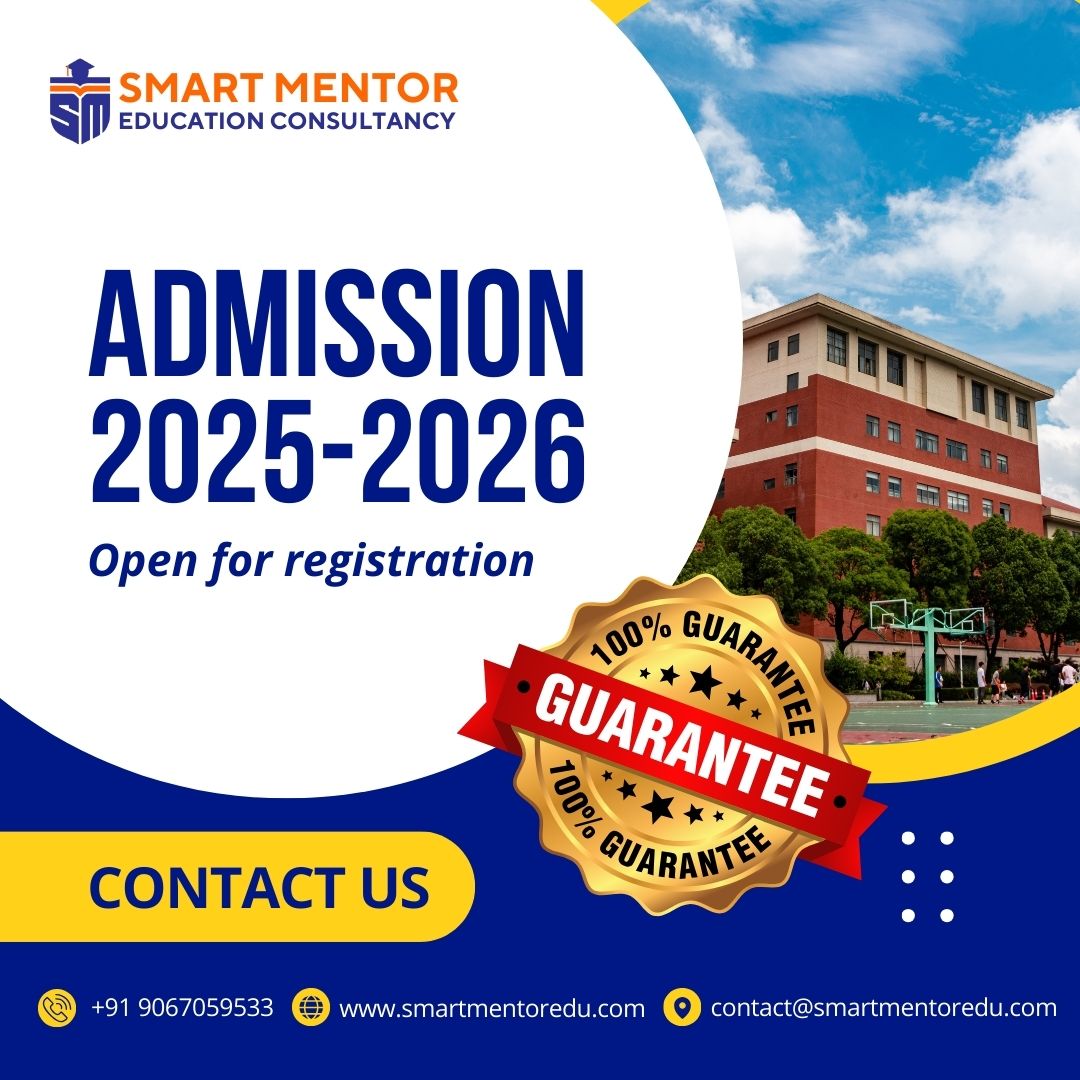
VITEEE: Complete Guide to VIT Engineering Entrance Examination
The Vellore Institute of Technology Engineering Entrance Examination (VITEEE) is a national-level entrance exam conducted by VIT University for admission to its various engineering programs. VIT is recognized as one of India’s top private engineering institutions with campuses in Vellore, Chennai, Amaravati (AP), and Bhopal. The competitive examination serves as the gateway for aspiring engineers to secure admission in this prestigious university known for its excellent academic standards, modern infrastructure, and high placement records.
VITEEE Exam Pattern
- Mode: Computer-Based Test (CBT)
- Duration: 2 hours 30 minutes
- Total Questions: 125
- Subjects Covered:
- Physics (35 questions)
- Chemistry (35 questions)
- Mathematics (40 questions)
- English/Aptitude (15 questions)
- Marking Scheme:
- +1 for each correct answer
- No negative marking for incorrect answers
- Language: English only
- Total Marks: 125
VITEEE Syllabus and Important Topics
1. Physics
Physics constitutes approximately 28% of the VITEEE exam and covers topics from Class 11 and 12 Physics. Key focus areas include:
- Mechanics: Laws of Motion, Work-Energy-Power, Rotational Motion, Gravitation
- Electromagnetism: Electrostatics, Current Electricity, Magnetic Effects, Electromagnetic Induction
- Optics: Ray Optics, Wave Optics, Optical Instruments
- Modern Physics: Atomic Structure, Nuclear Physics, Semiconductor Devices
- Thermodynamics: Heat, Kinetic Theory of Gases, Laws of Thermodynamics
2. Chemistry
Chemistry accounts for 28% of the exam and includes topics from Physical, Inorganic, and Organic Chemistry:
- Physical Chemistry: States of Matter, Atomic Structure, Chemical Bonding, Thermodynamics, Chemical Equilibrium
- Inorganic Chemistry: Periodic Table and Properties, Coordination Compounds, Metallurgy, s-block, p-block, d-block Elements
- Organic Chemistry: Basic Principles, Hydrocarbons, Organic Compounds Containing Oxygen and Nitrogen, Polymers, Biomolecules
3. Mathematics
Mathematics forms the largest section with 32% weightage and covers:
- Algebra: Matrices, Determinants, Complex Numbers, Quadratic Equations, Progressions, Permutation & Combination
- Calculus: Limits, Continuity, Differentiation, Integration, Differential Equations
- Coordinate Geometry: Straight Lines, Circles, Conic Sections, 3D Geometry
- Vector Algebra: Vectors and Their Properties
- Statistics & Probability: Measures of Central Tendency, Probability Distribution
4. English & Aptitude
This section contributes 12% to the exam and tests:
- English: Comprehension, Grammar, Vocabulary
- Aptitude: Logical Reasoning, Analytical Reasoning, Spatial Ability
VITEEE Preparation Strategy
1. Essential Study Materials & Books
Physics:
- NCERT Physics Class 11 & 12
- Concepts of Physics by H.C. Verma
- Problems in General Physics by I.E. Irodov (for advanced problems)
Chemistry:
- NCERT Chemistry Class 11 & 12
- Physical Chemistry by P. Bahadur
- Organic Chemistry by Morrison & Boyd
- Concise Inorganic Chemistry by J.D. Lee
Mathematics:
- NCERT Mathematics Class 11 & 12
- Higher Algebra by Hall & Knight
- Differential Calculus by A. Das Gupta
- Coordinate Geometry by S.L. Loney
English & Aptitude:
- High School English Grammar by Wren & Martin
- Verbal & Non-Verbal Reasoning by R.S. Aggarwal
2. Strategic Time Management
- Daily Schedule: Allocate 1-2 hours for each subject
- Weekly Plan: Complete specific topics and revise previous ones
- Monthly Target: Cover major portions of the syllabus with regular mock tests
- Last Month: Focus on revision, practice papers, and timed mock tests
3. Mock Tests & Previous Years’ Papers
- Take at least 25-30 full-length mock tests before the actual exam
- Analyze performance to identify weak areas
- Practice previous years’ papers to understand the pattern and difficulty level
- Time yourself strictly to improve speed and accuracy
4. Subject-wise Tips
Physics:
- Focus on conceptual clarity rather than memorization
- Practice numerical problems extensively
- Pay special attention to units and dimensions
Chemistry:
- Create short notes for reactions and mechanisms
- Memorize important formulas and equations
- Focus on NCERT examples and in-text questions
Mathematics:
- Practice a variety of problems for each concept
- Learn shortcuts and tricks for quick calculations
- Focus on application-based problems
English & Aptitude:
- Read English newspapers and magazines regularly
- Practice reasoning puzzles and problems daily
- Learn vocabulary and grammar rules
5. Key Advantages of VITEEE
- No negative marking, allowing students to attempt all questions
- Computer-based format with user-friendly interface
- Multiple attempts possible in some cases
- Normalized scoring system for fair evaluation
VIT University: Campus and Programs
VIT offers various B.Tech programs across its four campuses:
- VIT Vellore: The flagship campus with the most comprehensive range of programs
- VIT Chennai: Modern campus with strong industry connections
- VIT AP (Amaravati): Newest campus with state-of-the-art facilities
- VIT Bhopal: Emerging campus with excellent infrastructure
Popular B.Tech Programs at VIT:
- Computer Science and Engineering
- Electronics and Communication Engineering
- Mechanical Engineering
- Electrical and Electronics Engineering
- Civil Engineering
- Chemical Engineering
- Biotechnology
- Information Technology
- Specialization programs like CSE with specialization in AI & ML, Cyber Security, etc.
Conclusion
VITEEE is a significant opportunity for engineering aspirants to secure admission to one of India’s premier private engineering institutions. With a systematic preparation approach focusing on conceptual clarity, regular practice, and time management, students can excel in this competitive examination.
Interested in Direct Admission in India?
Get Direct Admission in India’s Top Universities / College.





